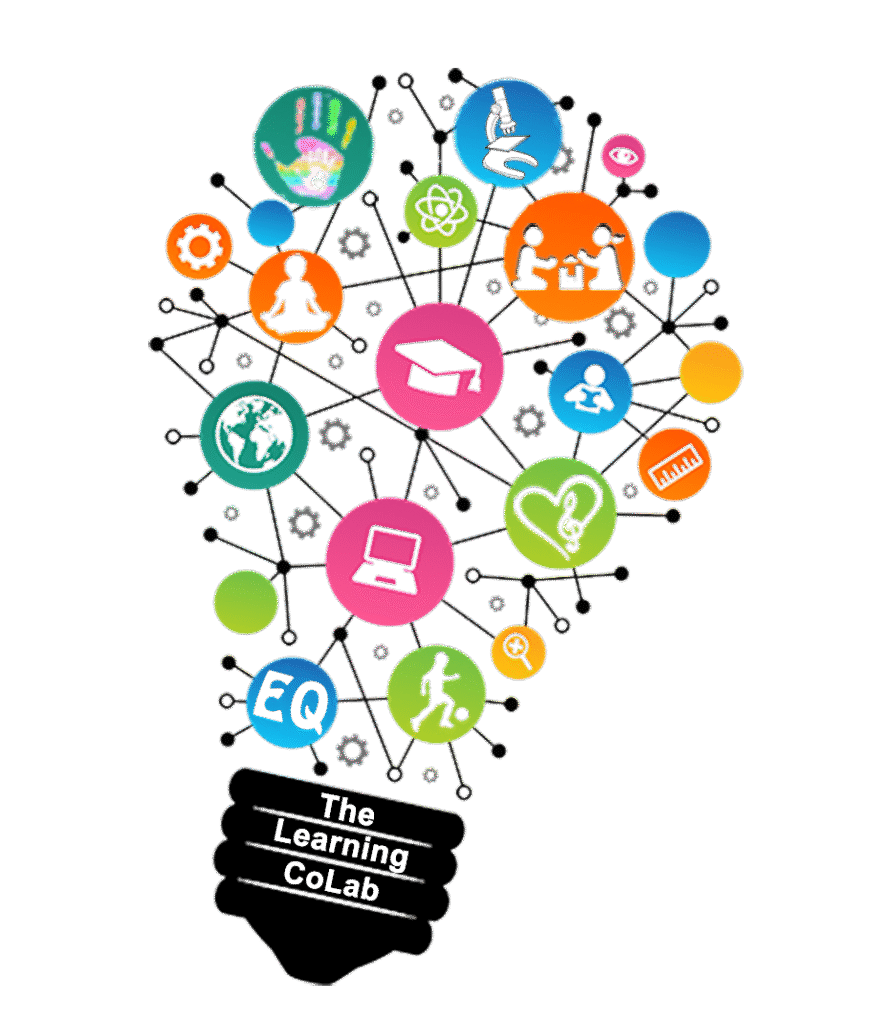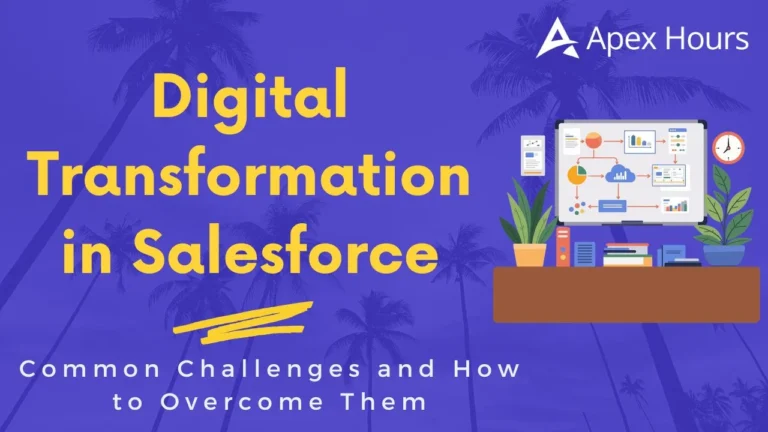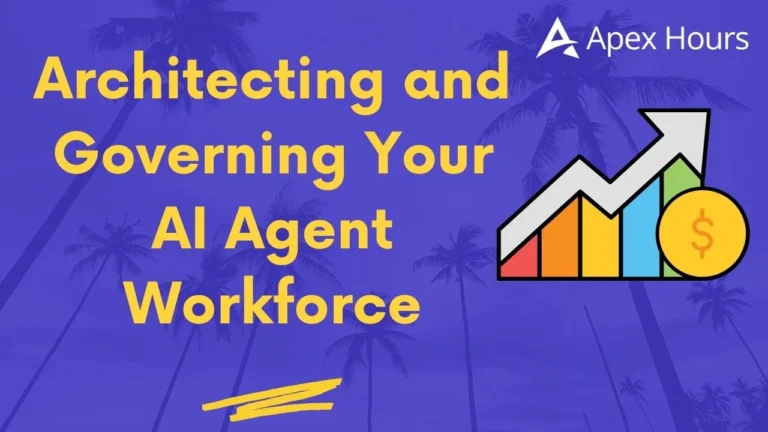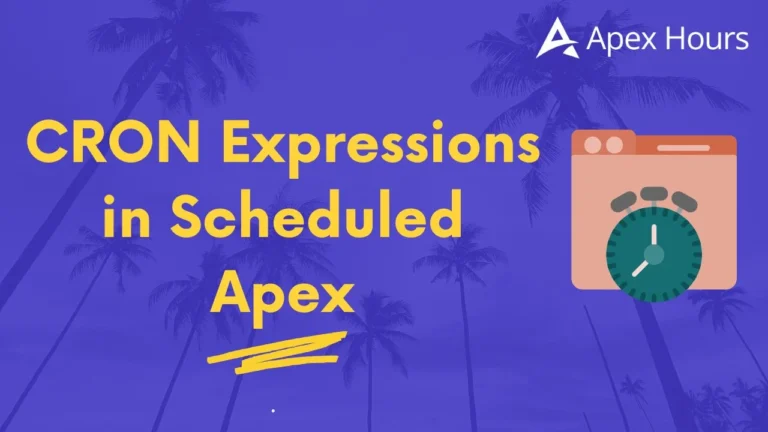

Understanding Colleagues #3 with a little help from Giftedness
Continuing Apex Hour’s series on understanding colleagues, today we’re going to explore Giftedness. But first, an example.
Do you enjoy challenges, but get easily bored if something is too easy? Do you perhaps get frustrated easily and sometimes – or even frequently – lack patience? On the other hand, are you great at seeing the “bigger picture” – sometimes spotting aspects and connections that no one else sees? Perhaps your language, maths or crafts skills are well beyond those of most people?
If so, you may be Gifted. Like ADHD and Autism, it’s a difference – often a good and a bad thing. It’s also quite prevalent within our ecosystem so, in this article, I’ll cover:
- Understanding Giftedness
- Why Giftedness is common in the Salesforce ecosystem
- Pros and Cons
- Working with Giftedness
Understanding Giftedness

Giftedness can be defined as having several significantly enhanced natural talents above and beyond those of the general population, together with improved connections between those talents. The intensity is also typically stronger too. So that’s not the same as skills which can be learned, although people can definitely have these too for the same areas.
The same can be said for learning a language, sports/physical ability or any of the following – at a level well above that of most of the population:
- Coordination and motor function
- Cognitive function
- Creative ability
- Emotional intelligence
- Emotional resilience
- Judgement skills* (otherwise known as “common sense”!)
- Language and communication ability
- Literacy skills*
- Maths and analytical skills*
- Organisational skills*
- Social skills*
*skills as that’s the typical term, but really it’s ability, as we’re talking about natural talent.
Most people may have one or two of these. It’s when you have significant natural ability in a number of realms that things get interesting. Basically, it appears that the brain has a finite capacity, so if you want really good emotional intelligence, you may have to sacrifice organisational ability. That’s just an example. The point being that these are unevenly distributed within any one individual – they may be very advanced in one area, in comparison to the majority of the population, but are often very much lacking in another area.
Note: Sometimes Giftedness is often defined as having an IQ of 130 or above, when the average is 100. That’s because IQ is easily measurable, however it misses other areas of potential Giftedness (e.g. creativity, sport, empathy).
Why Giftedness is Common in the Salesforce Ecosystem

Population distribution, showing that 95% of people have an IQ between 85 and 115. Credit: Potential Plus UK from the Open University
2% of the general population is Gifted. But this rate seems much higher within the Trailblazer community*. Salesforce, and other technology stacks such as AWS, are products that require significant depth of knowledge, have considerable variety and are ever-evolving. In short, it’s perfect for hyperfocus, those who love novelty and those who want significant intellectual stimulation, which can all be found in Giftedness. I would add that the non-judgmental attitude of the Trailblazer community, where we accept people for who they are, can be even more of a draw.
*This is based on anecdotal evidence from years of this author attending Salesforce meetups and conferences across a number of continents.
For employers, it can work out well because of the ability to make cross-domain connections, as well as the frequent desire to be on the cutting edge of technological solution design.
Pros and Cons
Which is better? A journey from A to B which takes an hour using a motorway, or a journey from A to B which goes along rural country roads? And if you’re a public transport person, then take the same choice, but compare express trains to steam trains.
It’s a trick question of course. Context is key – it depends on your objectives. One method will get you there faster, the other may feed your soul by allowing more time for thinking, and to enjoy picturesque scenery.
Imagine being able to think really quickly. Your mind literally skips ahead and arrives at an answer. This is fantastic and sometimes called intuition or gut instinct. Except that you have to wait for everyone else to catch up – in fact you have to pause and explain it very slowly. Painfully slowly. If this happens occasionally it gives you time to daydream, but imagine this happening daily. It’s frustrating to have to wait for others all the time.
On the flip side, imagine someone coming up with a solution, so now you know where you need to head, and the range of options is smaller and more easily manageable. This is great but actually there’s a whole chunk of fine detail, sign-offs and project management missing. Very frustrating, and your colleague is probably not so good at being patient. They want to get on with the next challenge.
And that’s presuming that both sides understand each other. Often there can be misunderstandings and that causes problems for all concerned. It can be like hearing gibberish (both ways) even though nominally everyone is speaking the same language.
So what can be done about some of the aspects that don’t serve the work environment so well? 2% of the population is actually a small number on a day-to-day basis, so most people – which can include those who are Gifted – don’t always know the best working methodologies.
Working with Giftedness

You are working with something unique – I’ve framed it as a colleague having Giftedness, but it could easily be yourself. The Gifted person isn’t fitting in a box or an off-the-shelf solution such as a standard job description and office-based expectations. Decide what’s important.
Do they get bored easily? Time to plan! Variety is genuinely the spice of life, so can the work be designed so that there is variety? e.g. Planning, project work, training (whether for themselves or others), admin that’s interesting, or even something more mentally taxing than normal. The precise nature of this mix will be different for everyone – sometimes it’s a particularly fine balance to find the sweet spot where the brain is working at just the right capacity..
Are they always late? It could be that they have a shifted circadian rhythm, and that 11am to 7pm is just more productive for them. You can organise the stand-up for the start of their day instead – perhaps it doesn’t have to be first thing in the morning? After all, teams with global delivery groups solve this problem of different start times all the time.
Side note: ADHD, which often co-occurs with Giftedness, often creates time management issues. Cognitive processing just isn’t good at processing time. It could be that regular check-ins, and breaking down projects into smaller tasks, can help with more realistic expectations. Or alarms can help with breaking hyperfixation, which can have unintended consequences.
Does the person struggle with social situations? Let them know that they should only come to office drinks if they want to. Even better, ask them what accommodations might work for them? Perhaps it’s simply a list of the people coming, so they know the numbers involved, making sure soft drinks are on offer, and perhaps not choosing the noisiest pub in the neighbourhood.
Bad at documentation? Is there a work buddy who just loves creating diagrams? Someone who just loves details? Can the colleagues work together to achieve the necessary goals?
And for a particularly annoying one, do they say “yes” but struggle to deliver? This could be people pleasing – answering with what is perceived to be the right answer (also see time management, above!), regardless of whether or not it is appropriate for the circumstances. It can be a particularly knotty one as the issues are often deep-seated in the psyche and have been present for many years. This may require focus on tighter deliverables, accountability check-ins and a willingness to reassess the situation based on progress made. I would also offer coaching as a longer-term approach to address the core issues, but I’m a little biased on that one!
Above all, tackle this as a partnership and be prepared to experiment. If the concern is “if I do this, I will have to do it for everyone”, there are two concepts. Often, this will be regarded as a reasonable accommodation and is protected in law. And if you have a happier or significantly higher-achieving colleague, or colleagues, then it’s going to be worth the effort.
Bonus personal observation: things don’t always go the way we want. I still ask myself, “How can someone so brainy be so stupid” in any number of situations. For all the above qualities, there are still astounding gaps, as it turns out I am human, and not a perfect robot – or, worse, a hallucinating AI engine. Above all, if you are Gifted, one particularly common issue is holding yourself to a higher standard than other people. Self-compassion can be the hardest and most important skill to work on!
Further reading
– Understanding Colleagues: ADHD and Autism
– Exceptional Talent (recommended reading if you want to know more Giftedness)
With thanks to Marie van Roekel and Paul McCollum for brainstorming this article.






